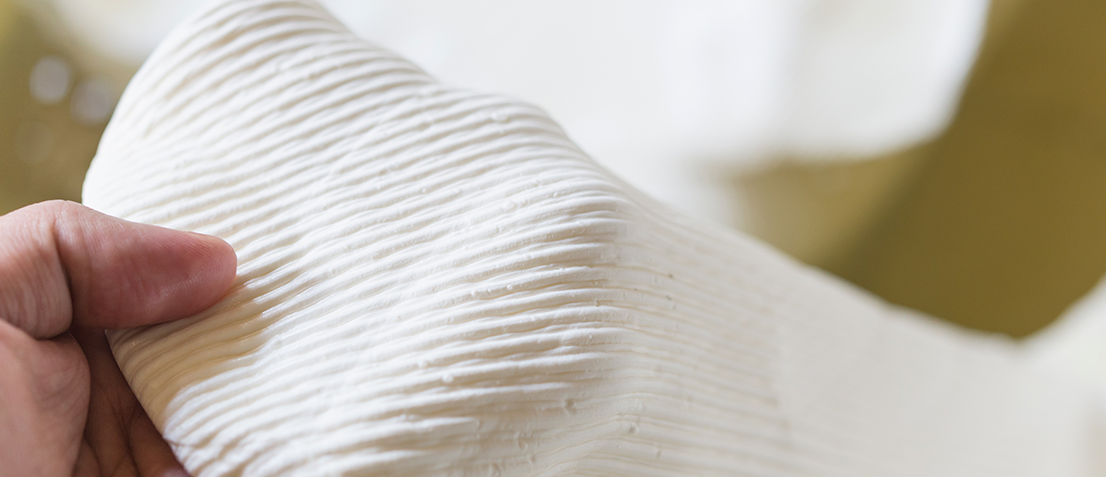When you select the suitable rubber for an application you must take into account a number of requirements to make the right choice about the appropriate used material.
In the current market there exists a broad range of rubber available for engineers and designers. Perhaps, this is why it is very easy to get lost in a maze of levels, shapes, features, thickness and hardness. Our aim is working closely with you to decide the right application you need to use with the silicone products we provide, and making use of our knowledge and experience, guide you to the right quality and materials. Knowing your conditions, we will be able to advise you about levels and features; even if the silicone is not the suitable material for your use, because in some environments it is not.
Bearing that in mind, answering these 5 simple questions we have designed, you may know if silicone is the suitable material for your application.
Environment – UV / ozone / general weathering
Will the rubber be exposed to outdoors conditions where weather could affect its full performance?
If it could, you will need a rubber that works properly when it is exposed to those conditions. Cracks, discolouration and fragility may happen if the chosen rubber it is not suitable to be exposed outdoors. Silicone rubber is one of the best options to use outdoors due to its excellent resistance to environmental conditions.
Temperature range
Will the rubber be exposed to extreme temperatures?
An environment with a constant temperature change will need a rubber able to cope with those changes.
Chemical resistance
Will the rubber be in contact with some chemical product or fluid that may cause corrosion or damage?
It is of vital importance to know which chemicals affect to certain rubber. Although silicone works well with almost all chemicals, there are some of them that silicone must not be in contact with.
Colour
Must the material be of a specific colour?
We are capable of achieving the colour accuracy you need, if necessary.
Price VS Performance
Why should I consider to use silicone when there is cheaper rubber in the market?
Some rubbers are cheaper than others, however, there is a clear difference at assessing the silicone performance and its life expectancy. Thanks mostly to its short life expectancy, most of the rubbers need to be replaced much earlier than silicone, therefore, silicone is the cheapest rubber during a longer period of time. When comparing the price of different rubbers make sure of taking into account not only the prices, but also the performance.





